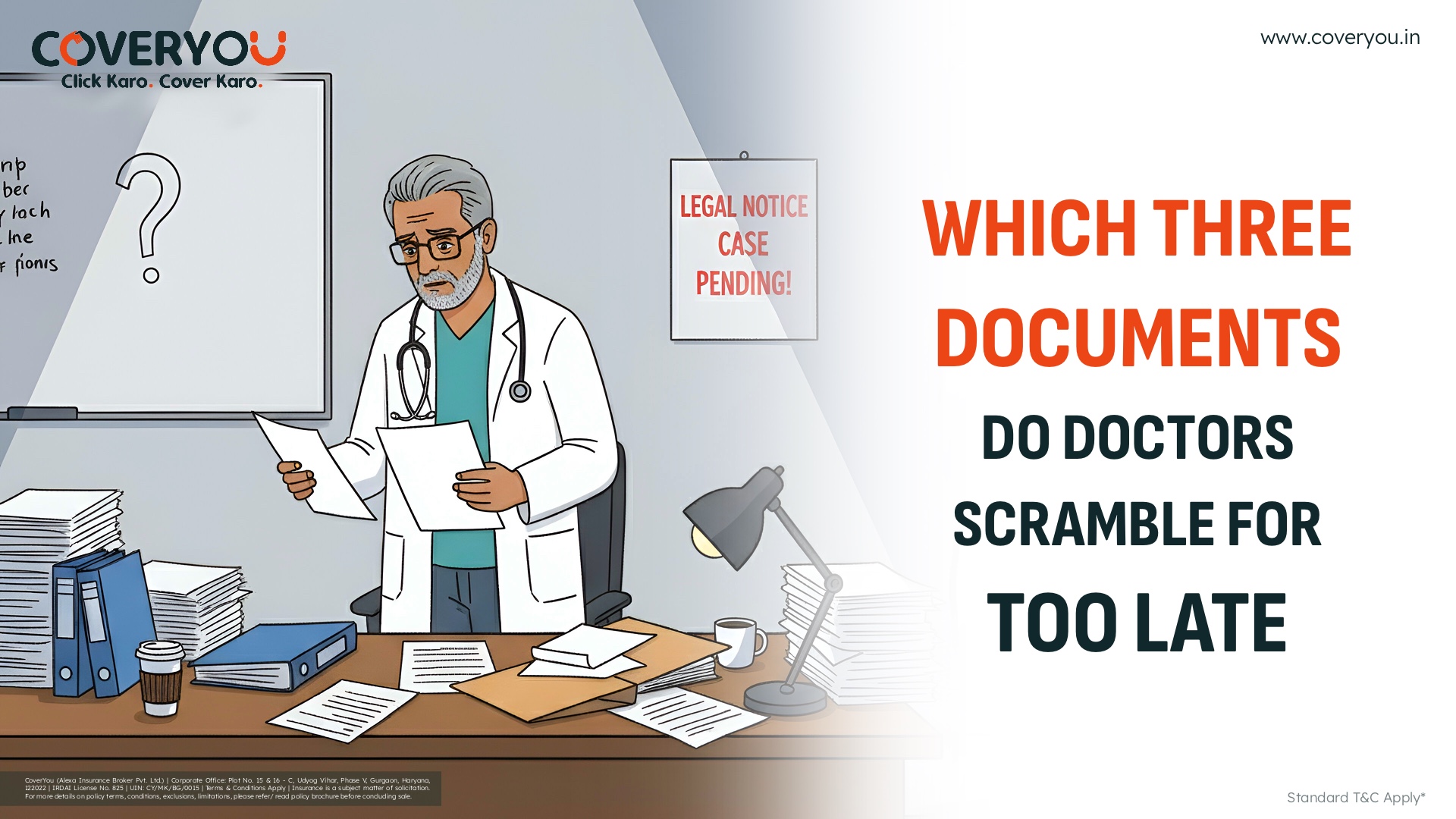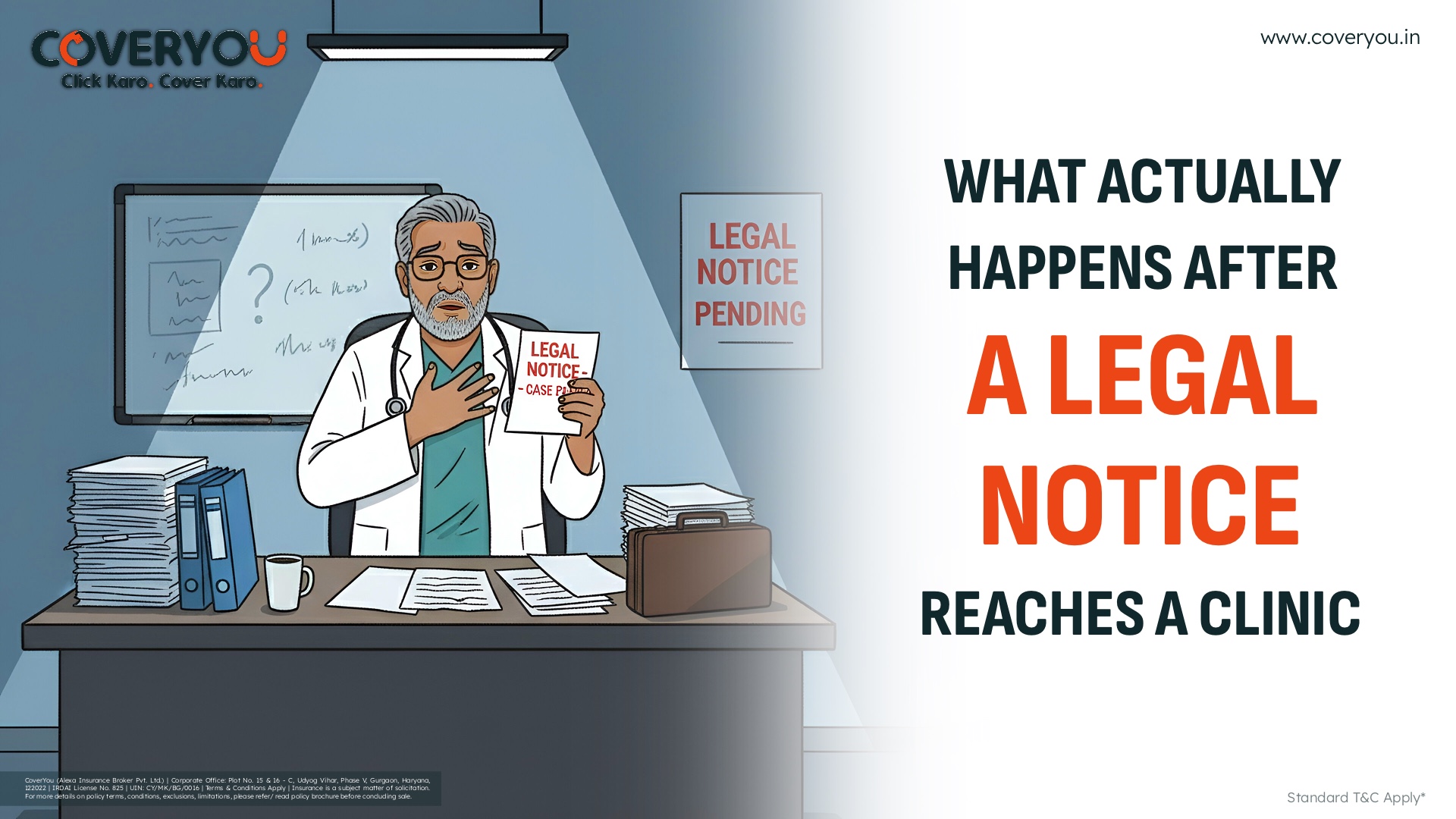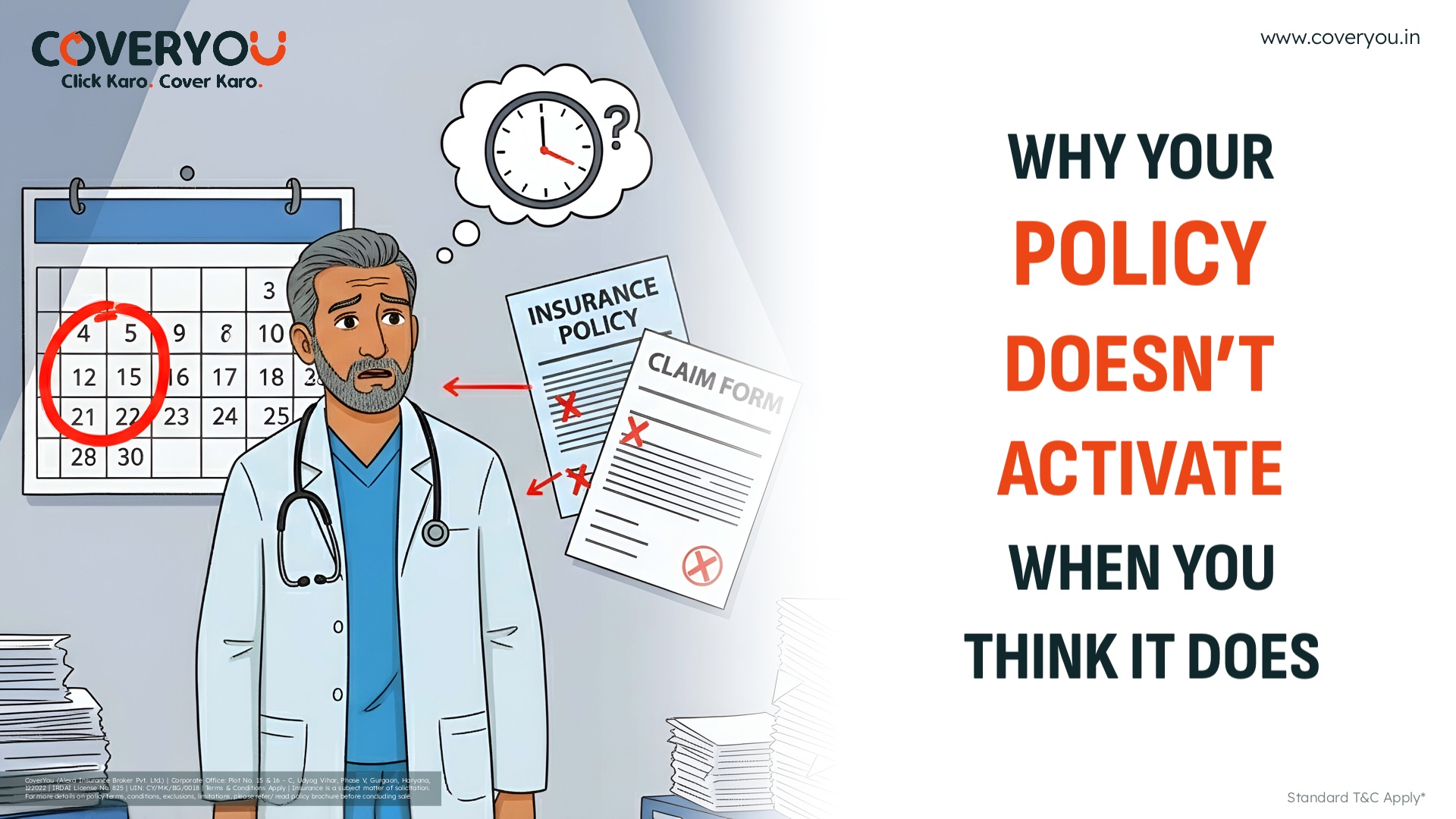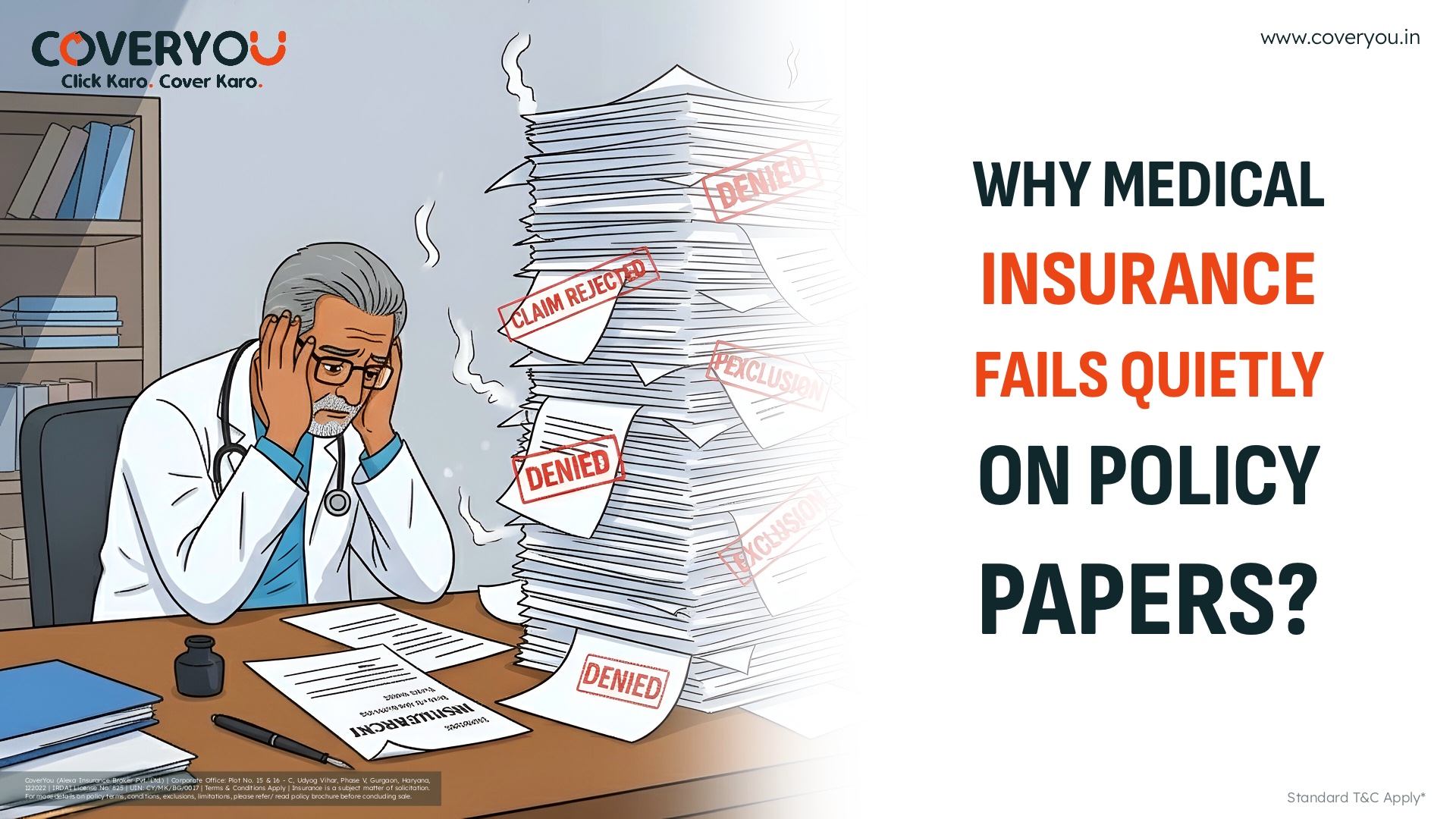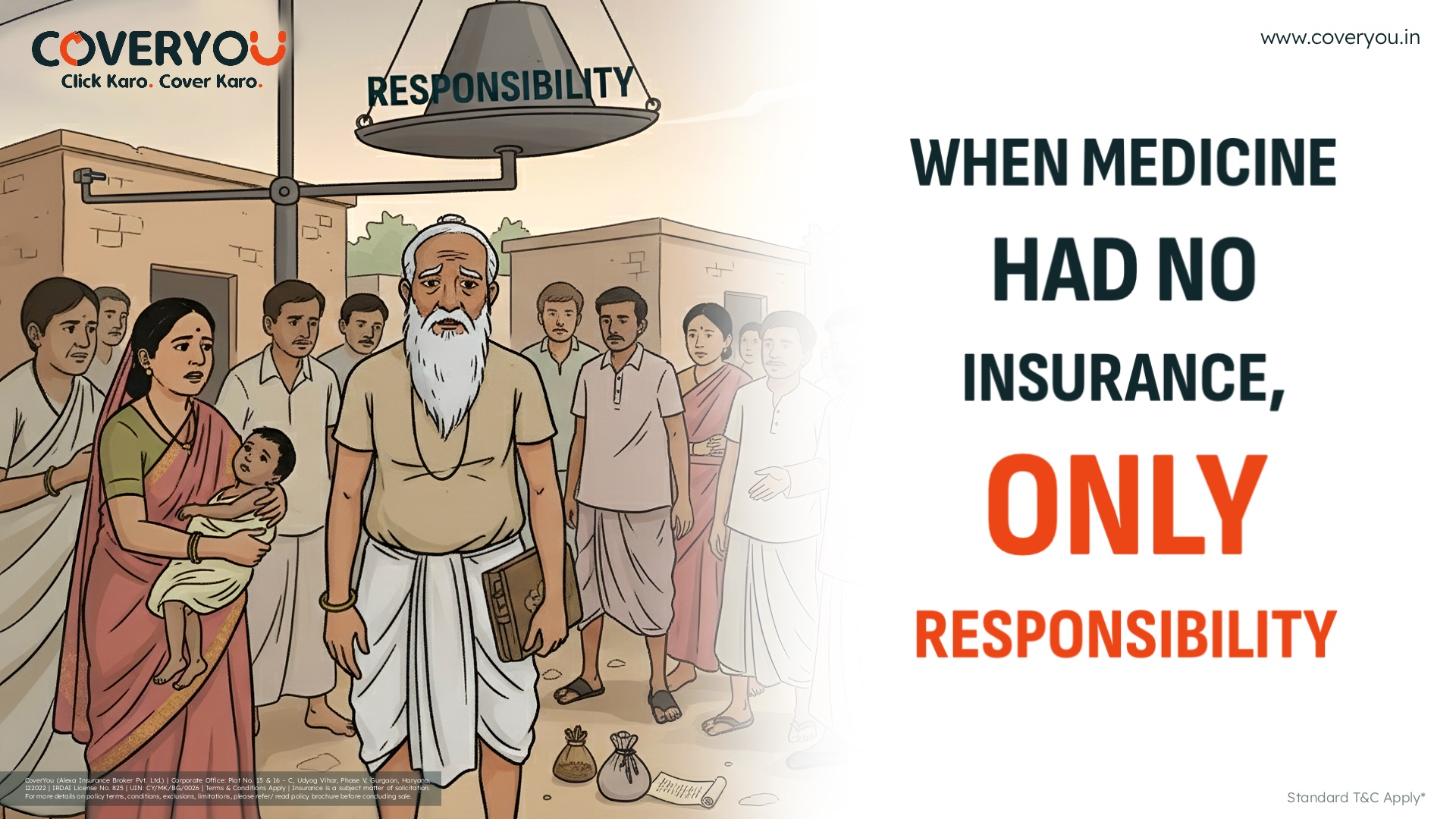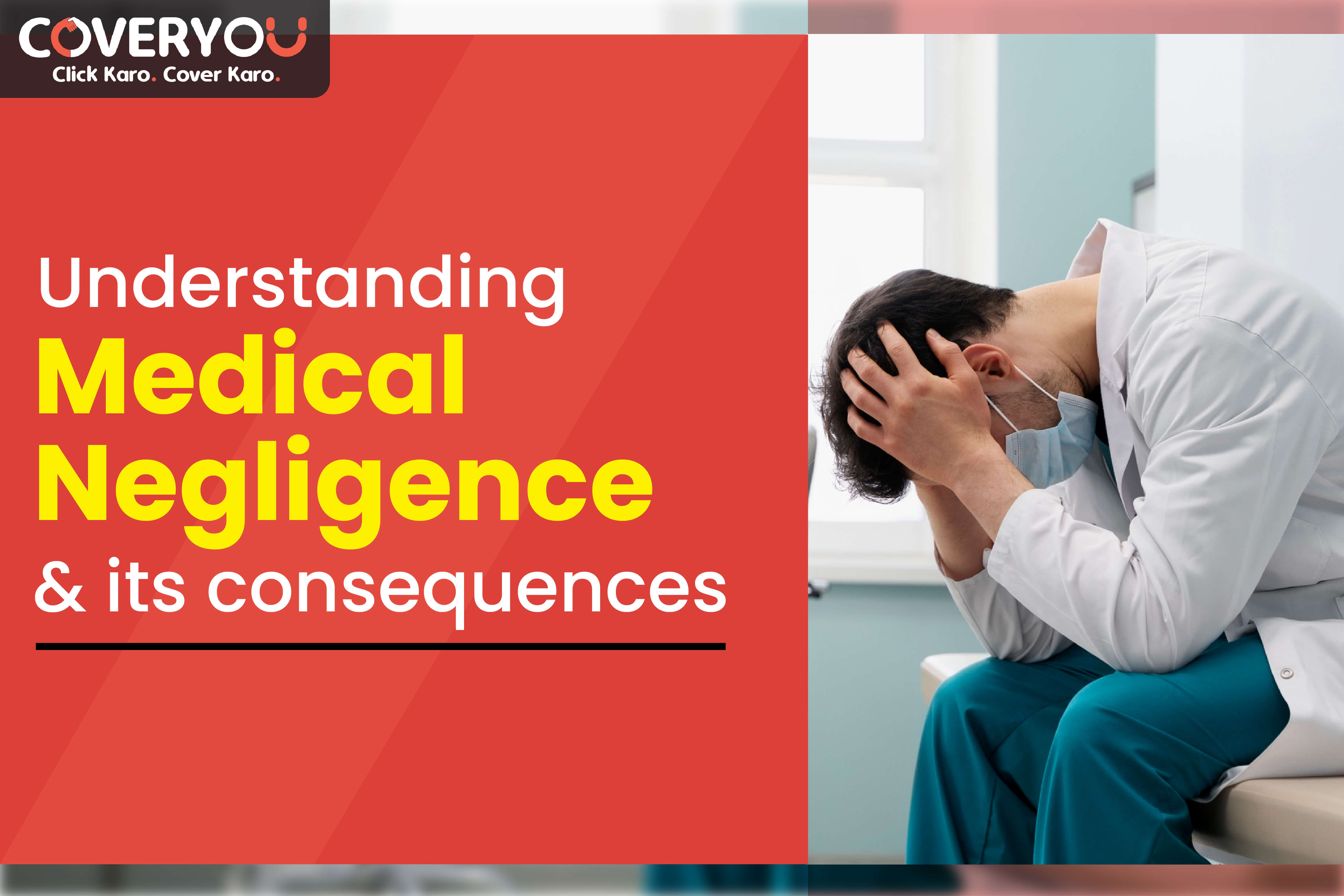Introduction
Pediatricians, like any other medical professional, require Professional Indemnity Insurance, additionally with personal property insurance. It’s crucial to get insurance when starting a new practice. Insurance is necessary for the chances like an employee trips and breaks their leg on a wet floor, or suppose, if a burglar steals computer equipment. Insurance is also required in case it can be closed for the next six weeks if a hurricane destroys everything in the office. There are numerous varieties, though, and no universal remedy exists. Therefore, the first step in securing the practices is to locate an insurance agent and obtain comprehensive insurance to reduce any loss caused by any uninvited casualty.
What Are The Benefits Of Liability And Property Insurance For Private Practitioners?
Private practitioners work independently and typically have their own facilities, tools, and support staff. Because of this, they must move forward with property and liability insurance. Select weather-related calamities, such as damage from fire, smoke, wind, hail, the impact of snow and ice, lightning, and more, are frequently included in the list of perils covered by property insurance. Along with providing coverage for the building and its contents, property insurance also protects against theft and vandalism. If someone other than the property owner or renter is hurt while on the property and decides to file a lawsuit, property insurance also offers liability coverage. The majority of owners buy a hybrid policy that covers physical loss or damage brought on by 16 perils, such as theft, fire, and vandalism.
In contrast, liability insurance guarantees the staff’s security in the event of a crisis. If an unintentional incident occurs, this will cover the associated maintenance and medical costs.
What Should Your Insurance Policy Include?
- Compensation for Workers
Nearly all states require this, and it is necessary to protect the practice’s employees if they sustain an injury at work. Professional indemnity insurance can provide this coverage in the majority of states. However, some state organizations or funds also provide this. A certified public accountant can be a huge help when setting up a practice by guiding you through the confusing web of local, state, and federal tax and employment laws. This is especially true if you contact them early on.
- Commercial Property
Professional indemnity insurance includes coverage for property loss, business liability, and other risks associated with running a business (such as loss of income, employee theft, employee dishonesty, employee personal property, and electronic data).
- Individual Risk
If the office is located in an earthquake or flood zone, separate coverage can be obtained through general business insurance. Flood coverage is available from the federal government. Typically, Private insurances offer earthquake insurance as a separate policy or as an additional endorsement. Remember that these particular insurance policies typically only cover physical losses, not loss of business income or associated recovery costs.
- Liability
Slip-and-fall incidents, legal expenses incurred in defending claims, and judgments rendered against business owners and employees are all typically covered under general business insurance policies. Professional Indemnity Insurance offers limited coverage for claims resulting from employment-related wrongful termination, discrimination, sexual harassment, and other workplace torts (e.g., retaliation, defamation, emotional distress, invasion of privacy, negligent evaluation, wrongful discipline, wrongful failure to employ or promote, wrongful demotion, etc.). In the event that an employee is involved in an accident while performing errands for the business (such as going to the bank or post office), auto liability will shield the company from vicarious liability.
- Malpractice Insurance
As a medical professional, it is important to have malpractice liability insurance under Professional Indemnity Insurance, as it may be the case that you unintentionally cause harm to someone through your consultation, or they cause it themselves due to their own negligence. This will prevent your economic burden.
- Disability Protection
In the event that a specific physician is unable to perform the work they want to perform, their disability insurance policy will pay benefits under the same Professional Indemnity Insurance. In order to qualify for own-occupation coverage, a doctor need only be unable to practice pediatrics (as opposed to being totally disabled from all employment). This option, however, may be significantly more expensive. The majority of plans give customers a choice of waiting and benefit periods. For instance, a plan might withhold payment for the first 30, 60, or 90 days of a disability. Benefit periods can last one year, three years, five years, or until you turn 65. As the practice grows and its income rises, make sure the disability plan allows for an annual increase in coverage limits. Additionally, when doctors are younger and healthier, rates for this coverage are typically lower.
- Life Insurance
To cover any obligations or debts of the practice or to provide a living wage for the doctor’s family, life insurance should be purchased. If you’re married, think about getting your spouse a policy to help offset the loss of all the ways they help (like by earning a second income, taking care of the kids, or managing the practice).
- Medical Insurance
Keep in mind that doctors and their families need health insurance, and think about whether and how to provide coverage to employees. So it is important to have health insurance included in your PI insurance in case of emergencies.
FAQs
Q1. What are the potential risks and liabilities that my pediatric consultant practice could face without insurance coverage?
Ans: Private property damage, equipment damage, staff liability, theft, and malpractice liability are all risks.
Q2. Can my practice afford to cover the costs of a malpractice lawsuit or other legal claims without insurance?
Ans: In most cases, your own practices are insufficient to support a legal claim against you because you, as a private practitioner, have additional liabilities.
Q3. What types of insurance coverage options are available for Pediatric Consultant practices, and how do I choose the right one for my needs?
Ans: As a private practitioner, your insurance must include coverage for certain important parts like your property, your staff, and types of equipment, as well as your own health.
Q4. How can insurance coverage help protect my practice’s reputation and ensure that I am able to continue providing quality care to my patients?
Ans: Your insurance coverage will protect you from any disaster occurrence as well as from any legal claim against you; in short, it will ensure your economic safety, which directly ensures the safety of your profession’s reputation.

